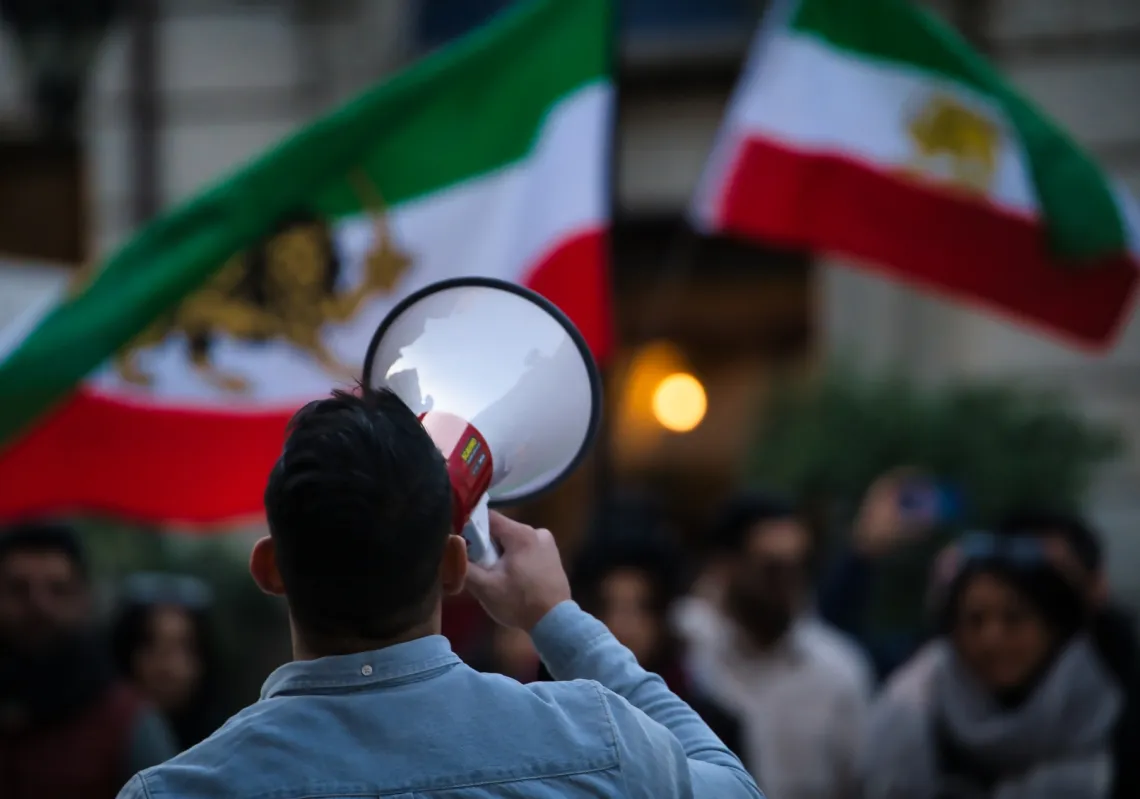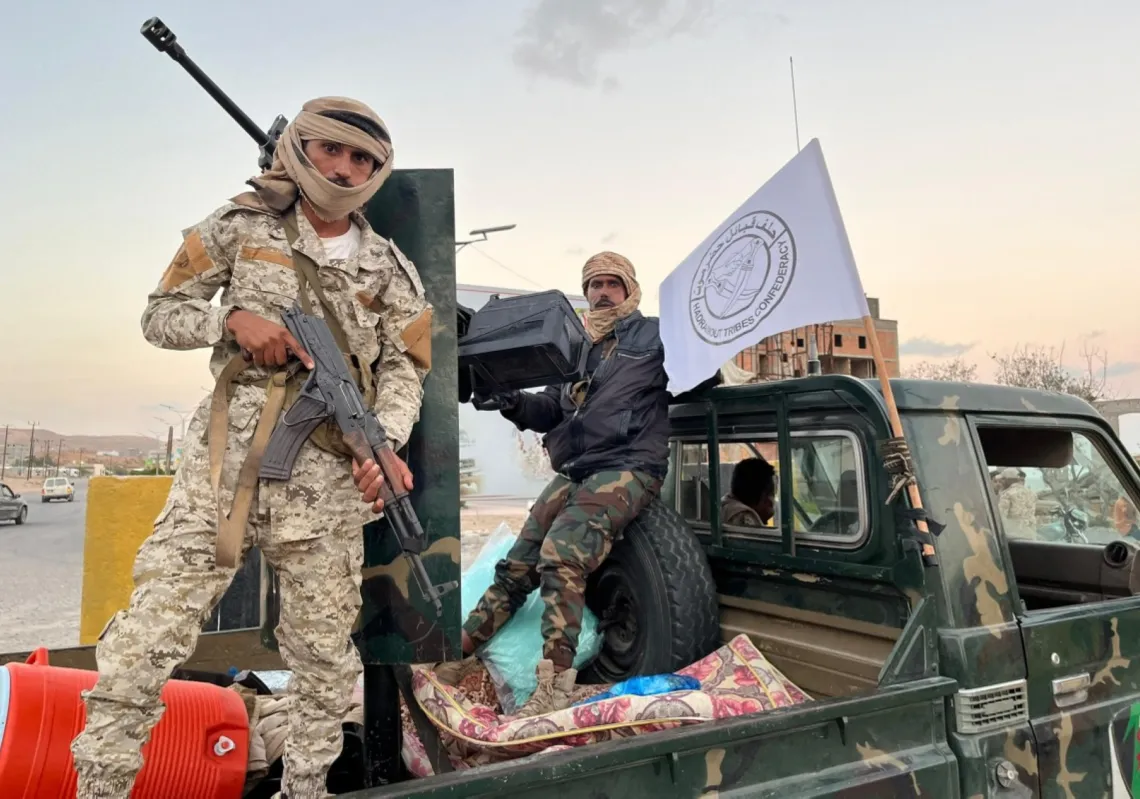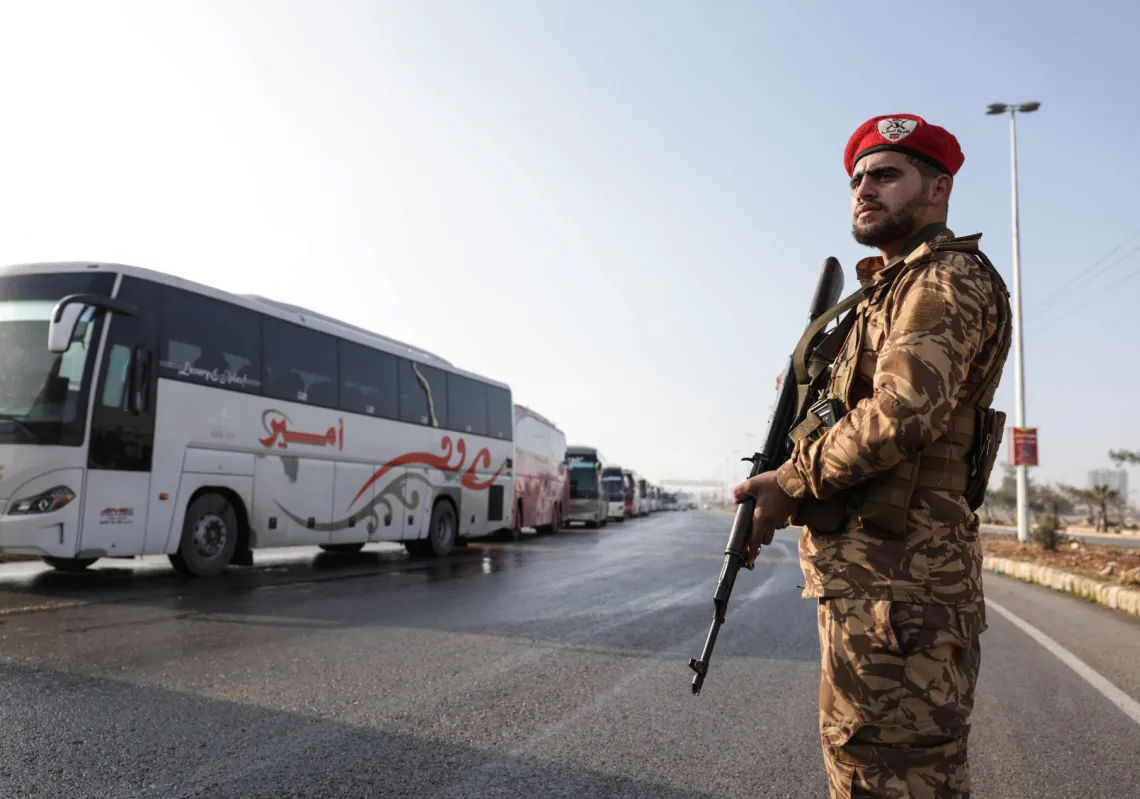None of the countries of the Islamic world have a similar Islamic and secular heritage as that of Turkey. Modern Turkey is the only Islamic state that transformed into a secular state - or at least one of the Islamic world's most secular states. Three major historical processes have interacted together to form a modern Turkey: the fall of the caliphate, the rise of secular nationalism, and democratic political development.
The fall of the Sultans caliphate and the rise of secular nationalism were two interrelated processes. The political illegitimization of the Islamic caliphate state did not occur when Mustafa Kemal abolished the caliphate in 1924. It actually happened before, when the Ottoman Empire was defeated in the First World War and the Allies invaded its territory.
While the National Resistance Movement led by Mustafa Kemal was busy fighting the multi-foreign occupation that took hold of the territory of the Ottoman Empire at the end of World War I, the government of the Sultan/Caliph was negotiating the unjust occupation and division of the Ottoman territories.
Never in any state of the Islamic world was there such an open confrontation between nationalism and secularism on the one hand, and religion as well as religious authority on the other. While the religious authority was losing ground, secular nationalists were laying the foundation of their power. This allowed them to establish the Turkish Republic on a purely secular and national basis. This allowed secular nationalism in Turkey to become so deeply rooted that it is now difficult to challenge it, as it is this ideology that is behind the modern Turkish state.
The third historical process by which modern Turkey was shaped, was the process of expanding the system of political representation to include new social and political forces. These new forces did not enjoy the same degree of representation in the phase immediately following the founding of the Republic. Turkey's transformation from an authoritarian one-party system to a democratic multi-party system was a difficult process.
Since the first multi-party elections in 1950 and until now, the establishment of democracy in the country has been a prolonged phase of conflict and tension. The two parties of this conflict were the forces which adopted a republican model based on secular nationalism, and the various other forces, including Islamist forces, which attempted to challenge this model. Through more than half a century of tension and conflict between the two poles they were able to learn the mechanisms of negotiation and how to exchange concessions, in a complex process of mutual co-optation. Consequently, Turkey reached its current status of democratic and institutional maturity.
Negotiation, making concessions, and mutual co-optation were not only about procedural matters related to the allocation of power between state institutions. They were also key concepts related to national identity of the state. This process of building national consensus has gone through several phases. During the first phase, pluralistic governance mechanisms were established in a way that could not be reversed. This allowed for the transition of power between different political forces that belonged to the same political system.
The peaceful exchange of power which occurred during democratization rendered the Turkish political system flexible and capable of absorbing new forces. Finding bases for peaceful rotation of power between parties that had a shared understanding of the fundamental foundations of state and society, and this allowed the state to move to a second phase.
In this phase the absorption and integration of the Islamic movement in the Turkish political system became possible. From an early period, political Islamic movements prevailed in Turkey. The Islamic movement in Turkey has produced its ultimate version: the Justice and Development Party (AKP), characterized by an Islamic rationale that allows it to express the strong Islamic sentiments which many Turks share. The party has also national, secular, and democratic merits that allow it to fully and peacefully integrate with the Turkish political system.
The controversy and political conflict that had lasted for more than half a century, and allowed for such a development, happened under a strong secular national system. This system was protected by a highly politicized army so powerfully committed to the ideology of secular nationalism that it became the main protector of the legacy of the Republic. At the same time, the high professionalism of the army prevented it from seeking to acquire political power for itself. In so much as the secular nationalist system that Mustafa Kemal established in Turkey was unique, the army he built was also unique. No such army ever existed in the Middle East.
Thus, Turkey's political experience contains unique factors that prevent it from being replicated in other countries. The great success of Turkey has made activists and intellectuals in the Middle East look up to it for inspiration. Though these countries are Muslim majority countries they are still suffering from oppression, identity crises, and political exclusion. Reproducing the experience of Turkey in other countries of the region is not possible. But there are a number of lessons that can be learned from this experience. These lessons might inspire the active players in these countries to form ideas and programs that are suitable for their communities.
Gamal Abdel Gawad








